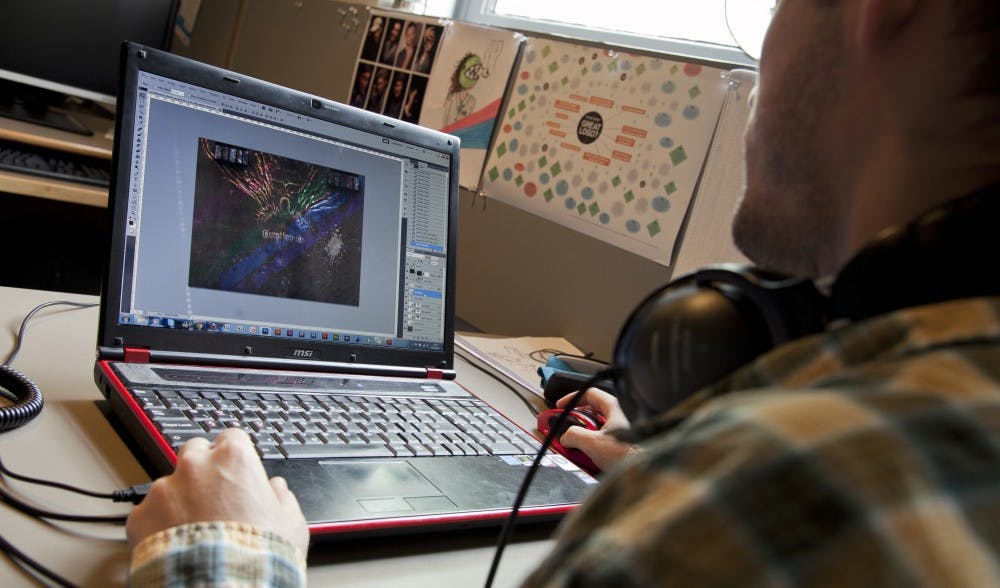
Courtesy of VFS Digital Design/Creative Commons
Mastering painting and drawing is no longer enough to succeed in the animation industry — coding and scripting are essential requirements for a position at a top animation firm.
"Right now almost all animations are made by computers. Fields such as movies and video games absolutely rely on computer graphics," Computer and Information Sciences professor Norman Badler said. Badler is the director of the Center for Digital Visualization as well as a digital media design major in Engineering.
Badler pointed out that many students in the major who work in the animation industry usually end up becoming "technical directors," who develop and improve software applications for the firms to help with animation production.
"There are typically two paths that you can go with computer animation. One is the traditional route of learning fine arts and work as animators, but we are in a technology heavy environment, so we go more with the other path, which is [to] do programming for animation firms," Badler said.
One of Badler's students, 2012 Engineering graduate Kaitlin Pollack, majored in DMD and is now working at DreamWorks Studios. Her work includes not only coding, but also drawing and painting. Yet she still recognizes the importance of mastering programming in doing her job.
"What I do is more like casual scripting, not the heavy maths they teach at Penn, but I still find it very helpful to have taken those computer science classes," Pollack said.
Danny Rerucha, who received a master's degree last August in computer graphics, thought he would study arts in graduate school, after majoring in computer science during his undergraduate years, to fulfill his dream of working with animations. Yet Rerucha ended up studying in a computer science-focused program that eventually helped him find a job at Blue Sky Studios, a computer animation film studio.
"The network of Penn alums working in the industry is huge. They're at all one of those different studios," Rerucha said. "Penn is a large target school for them, full of talented students."
Gary Monheit, who received a master's degree in computer science from Penn in 1990, is another successful example of a technical animation worker. He now works at Pixar Animation Studios as a graphics software engineer, producing the necessary 3D animation tools to help make movies.
"It's really important to have a solid foundation [of] understanding the basics of computer programming. In college, the professors teach you how to write the most efficient codes, and you might not think that's important, but things like this are actually very helpful in real life when you are working on the production process," Monheit said.
The fine arts path to animation, in comparison to the technical path, is becoming increasingly difficult. College and Wharton junior Mengxi Tan is studying fine arts in the College. She hopes to become an animator in the future, although she has never taken a computer science class due to her heavy dual-degree course load.
"I've already taken all the classes related to computer animations in the Fine Arts Department, and because of this I could only do an independent study with my mentor to keep learning in this field," Tan said. She said she applied to intern at multiple animation firms but was rejected because she didn't have a strong technical background.
Nevertheless, Badler said that working in the technical path can also be very challenging because excelling in the computer animation industry requires increasing integration of knowledge and skills across several fields, combined with intense competition within the industry itself. But he maintained that students are rewarded for working hard.
"The best return I can imagine is to see your name on the credits at the end of a movie," Badler said. "When I go watch a movie, I always wait until the very end so that I can spot some of my students on the list. There will always be someone out there."
The Daily Pennsylvanian is an independent, student-run newspaper. Please consider making a donation to support the coverage that shapes the University. Your generosity ensures a future of strong journalism at Penn.
DonatePlease note All comments are eligible for publication in The Daily Pennsylvanian.




